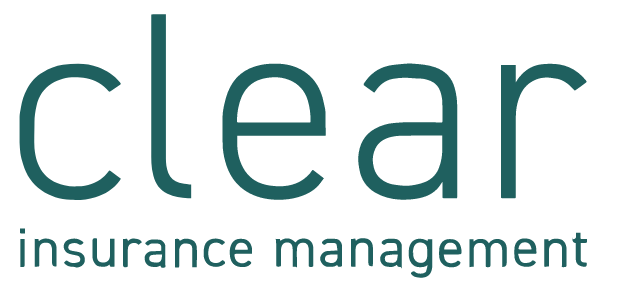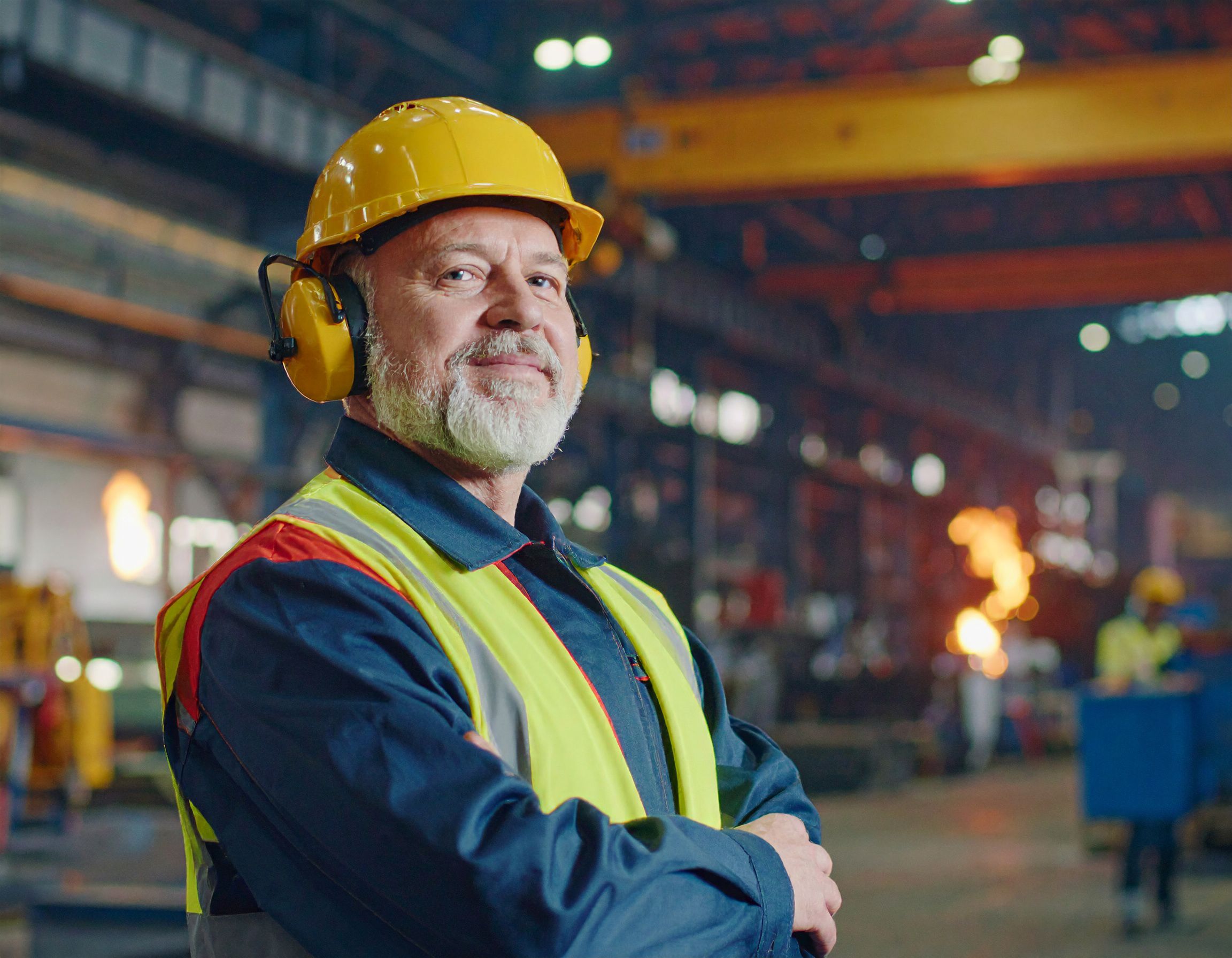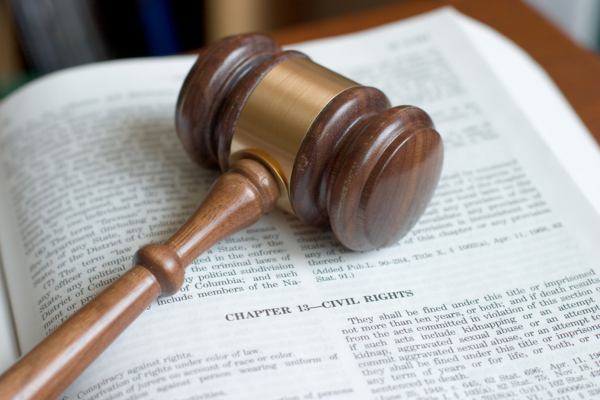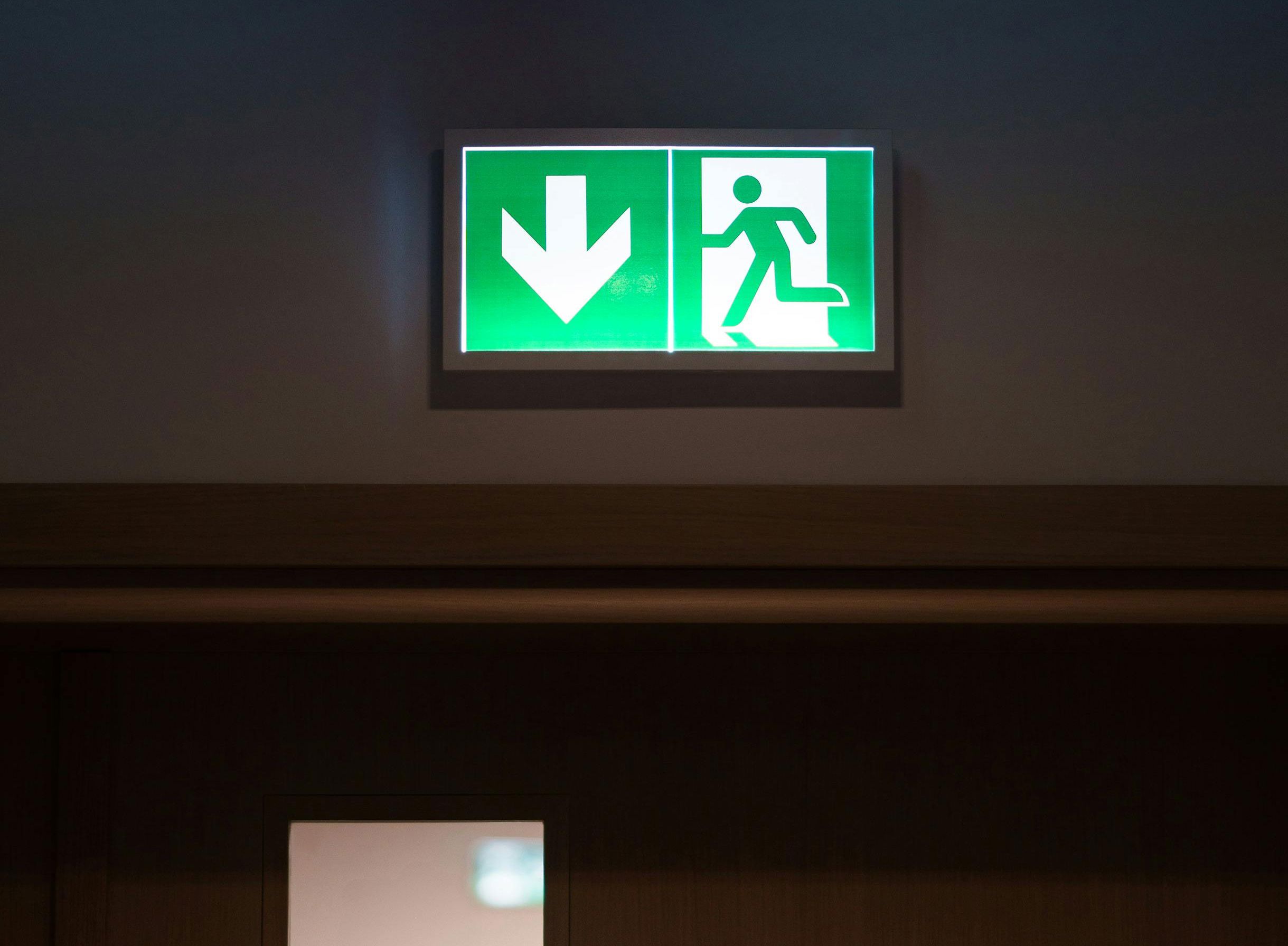Every day, countless workers are exposed to harmful noise — construction sites, factories, airports, and even office environments. Yet, unlike physical injuries, hearing loss accumulates silently. By the time it becomes obvious, the damage is already done.
Prolonged exposure to high noise levels can lead to permanent hearing damage, increased stress and legal liabilities for employers. To mitigate these risks, noise surveys are a critical tool, helping businesses identify hazardous areas, assess employee exposure and implement effective controls.
Loss of hearing goes beyond the ears - it fractures communication and damages confidence. Conversations become stressful, safety alerts might be missed, relationships at home and at work can strain under the pressure of misunderstanding.
Ronald Siddle, a 72‑year‑old former Sheffield steelworker worked for years through deafening processes in steelworks. In May 2025, he secured a £6,000 settlement against companies he worked for. Ronald emphasised that throughout his career, ear protection was minimal or absent. His quality of life suffered after retiring, and noticing how much he'd begun to withdraw from conversation, he took action. His settlement vindicated not just his own suffering, but that of innumerable colleagues who endure the same distress. He encourages his colleagues to go for their own compensation too.
Why This Matters to Employers and Employees
Legal Duty
Employers must monitor and control noise exposure and provide effective hearing protection. Failure to do so, as Ronald’s case shows, can lead to significant liability. Workers too, have an obligation to protect themselves.
Hearing Protection
Use PPE correctly; ill-fitting earplugs, damaged or inappropriate hearing protection won’t protect you.
Proactive Hearing Checks
Regular audiometry testing isn’t optional - it’s essential. Early detection can slow or stop damage before serious, irreversible hearing loss occurs.
Culture
Workplaces should foster environments where workers feel empowered to speak up about noise risks.
Ronald's story is empowering. It reminds us that hearing loss isn't just about diminished sound—it's about lost agency. It can be prevented, detected early, and when necessary, compensated. But that requires employers to act, workers to advocate, and professionals to listen.
What can you do as an employer? Contact us for guidance on noise, its measurement and control at riskmanagement@thecleargroup.com






